
From Deconstruction to Divine Connection: Amanda Moss’s Journey of Healing and Intuition
Rebuilding Faith, Finding Intuition & Living Authentically When Faith Evolves What happens when the faith you grew up with no longer fits the person you’re
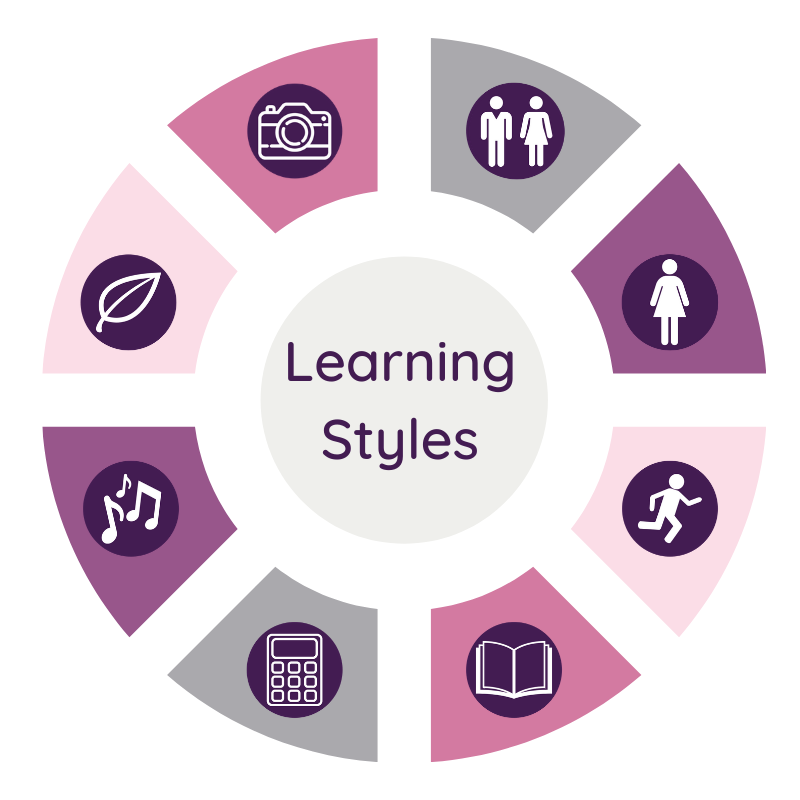
Learning Styles or “Multiple Intelligences” describe how most people learn. The Merriam-Webster Dictionary defines intelligence as “the ability to learn or understand or to deal with new or trying situations”. In 1983, Howard Gardiner, a psychologist at Harvard University, identified eight “intelligences”. Gardiner taught that each person can have one dominate “intelligence” –a way that people learn and understand information best and also rely on several additional intelligences while gaining knowledge (Howard Gardener, Intelligence Reframed, (New York: Basic Books, 1999), 41-48). In most situations, the Linguistic intelligence is always used in teaching and learning since this style of learning includes the written and spoken word. The most impactful learning happens when several intelligences are incorporated simultaneously.
The eight learning styles, along with a few keywords to describe each style, are listed below. Thomas Armstrong, Ph.D, coined the “smarts” for each learning style. His work can be found at www.institute4learning.com
Along with each learning style are several suggestions to use when studying scriptures, conference talks, Come Follow Me lessons, etc. which fit each learning style.
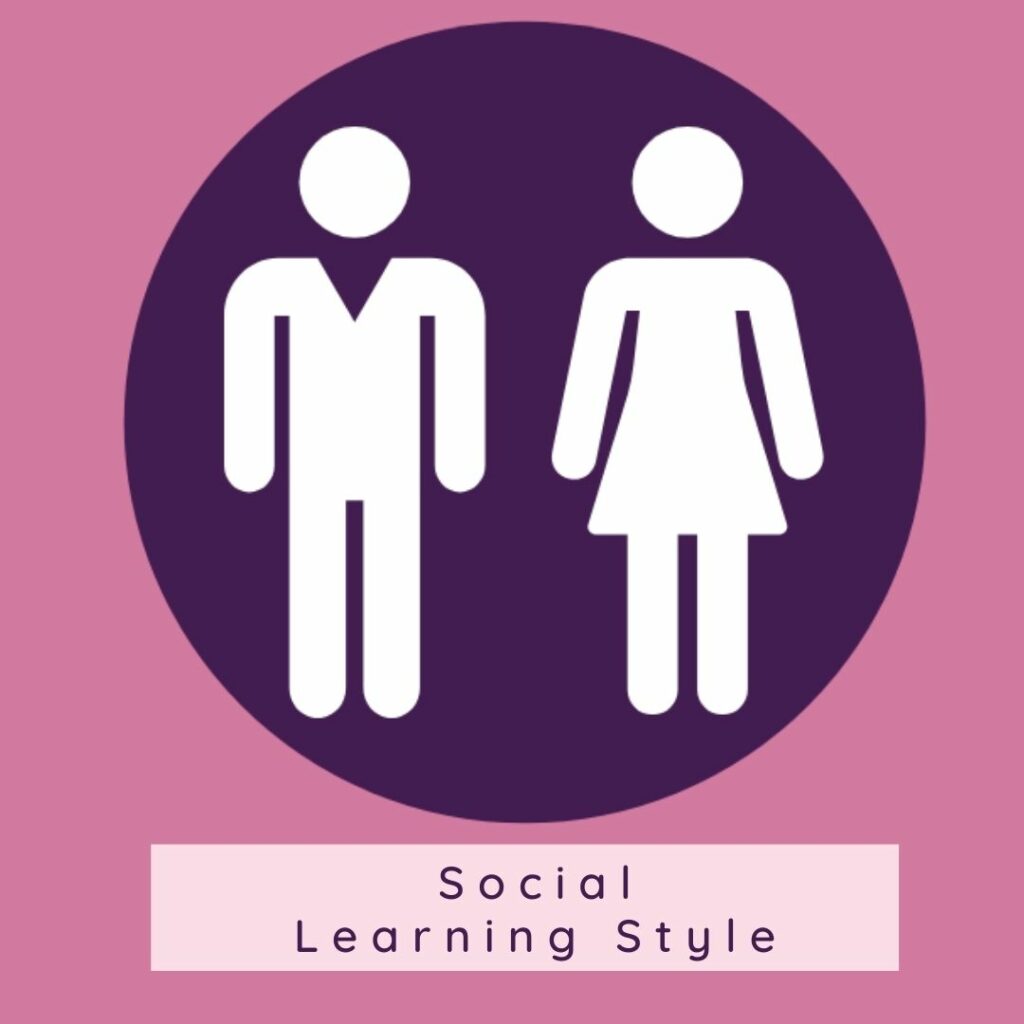
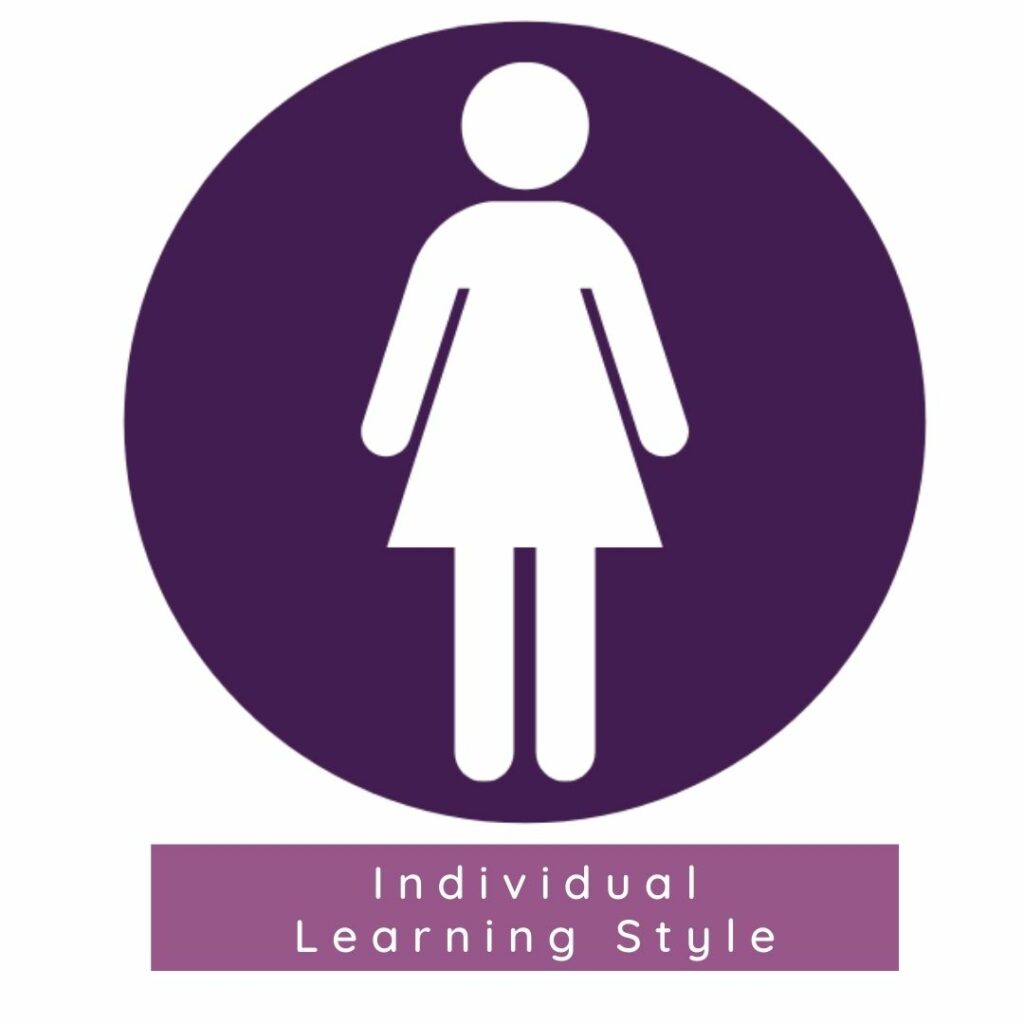
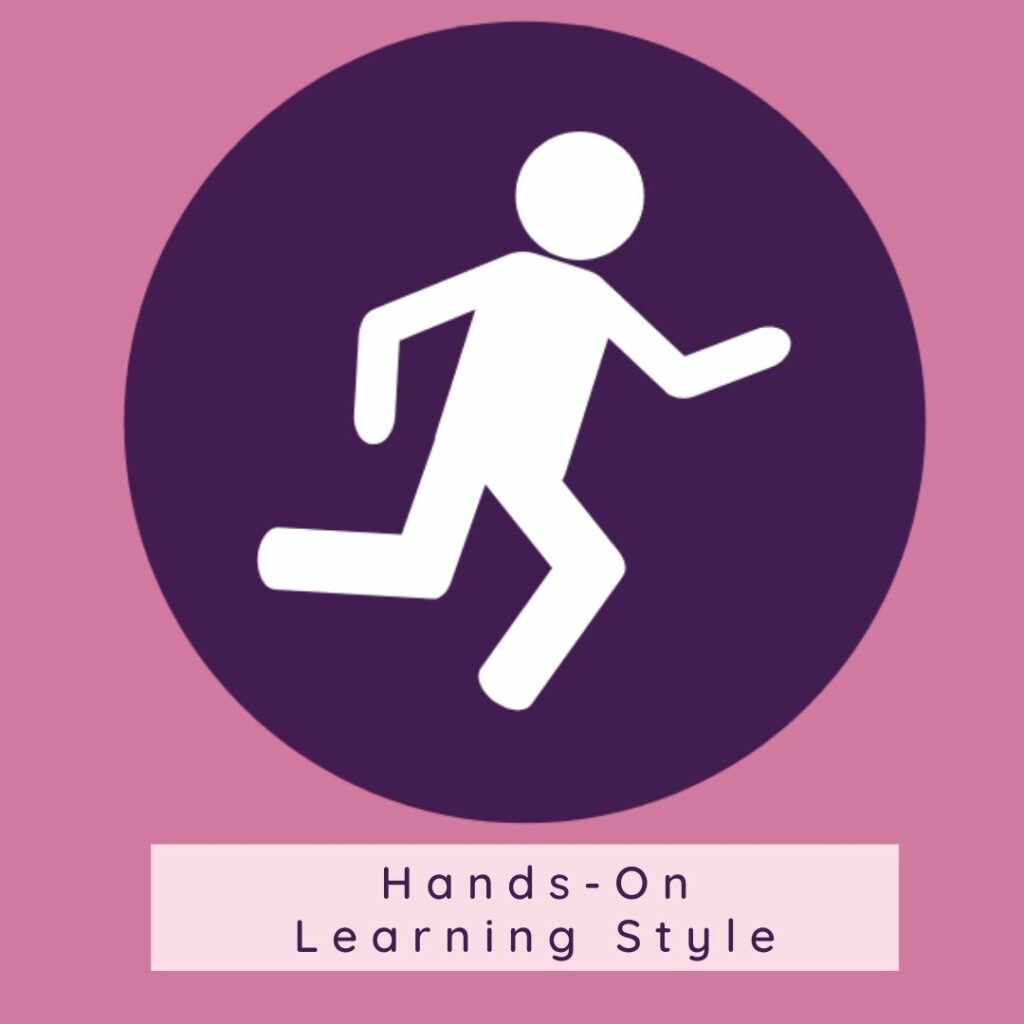
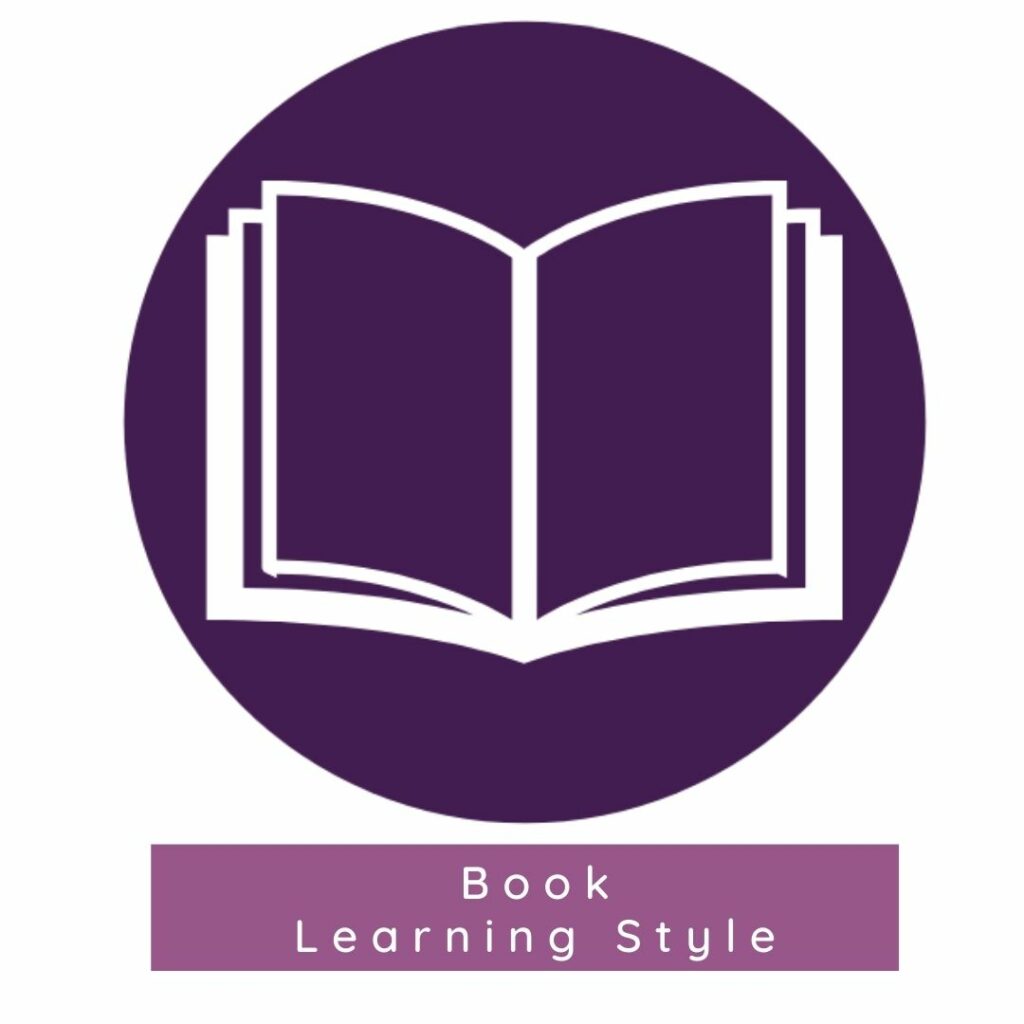
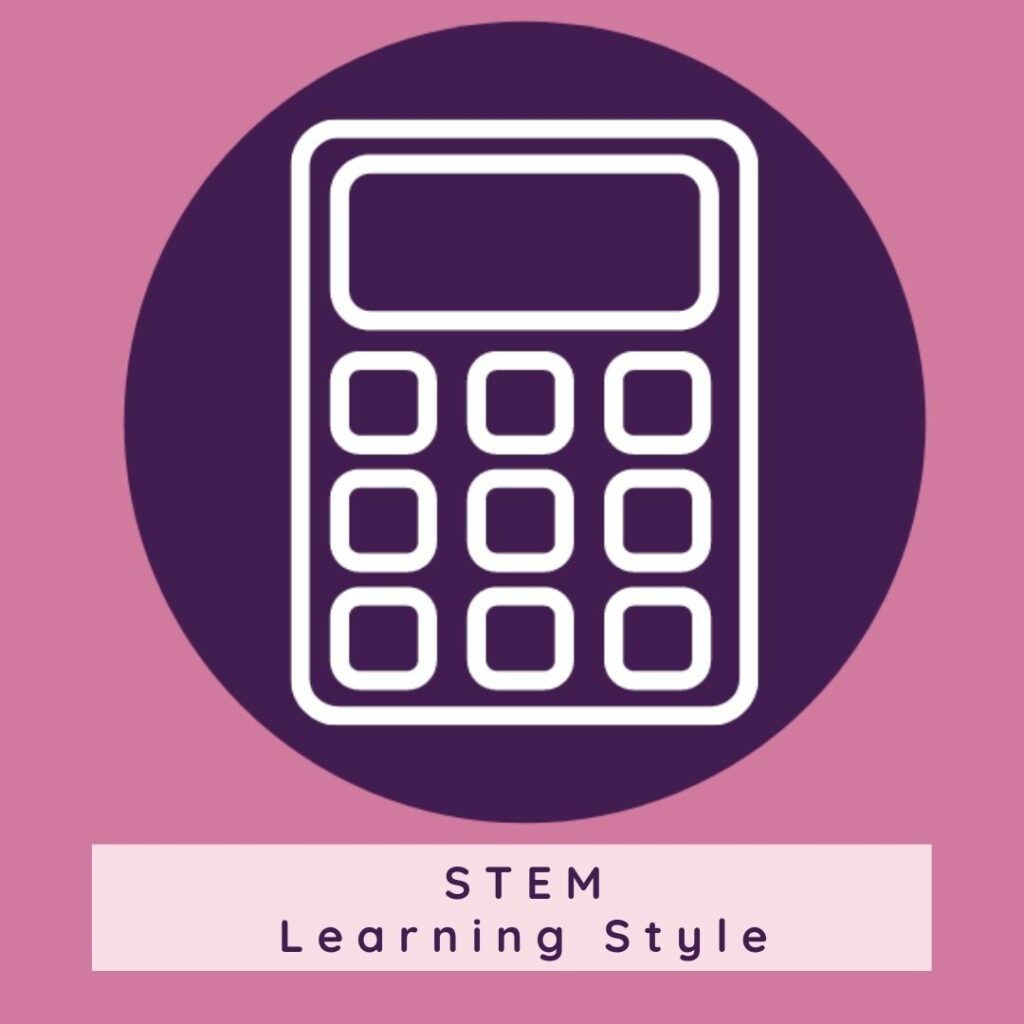
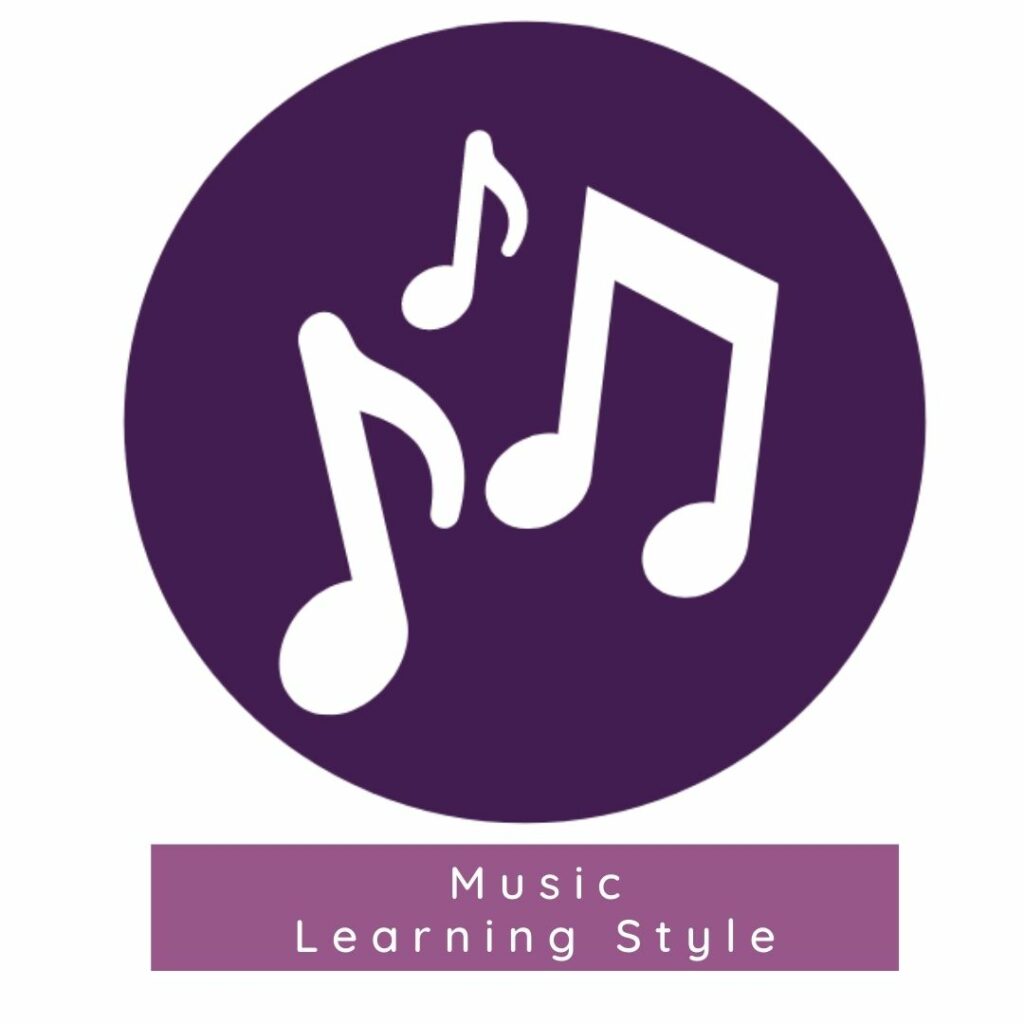
Keep all your materials together and easy to find and use each week as you study.
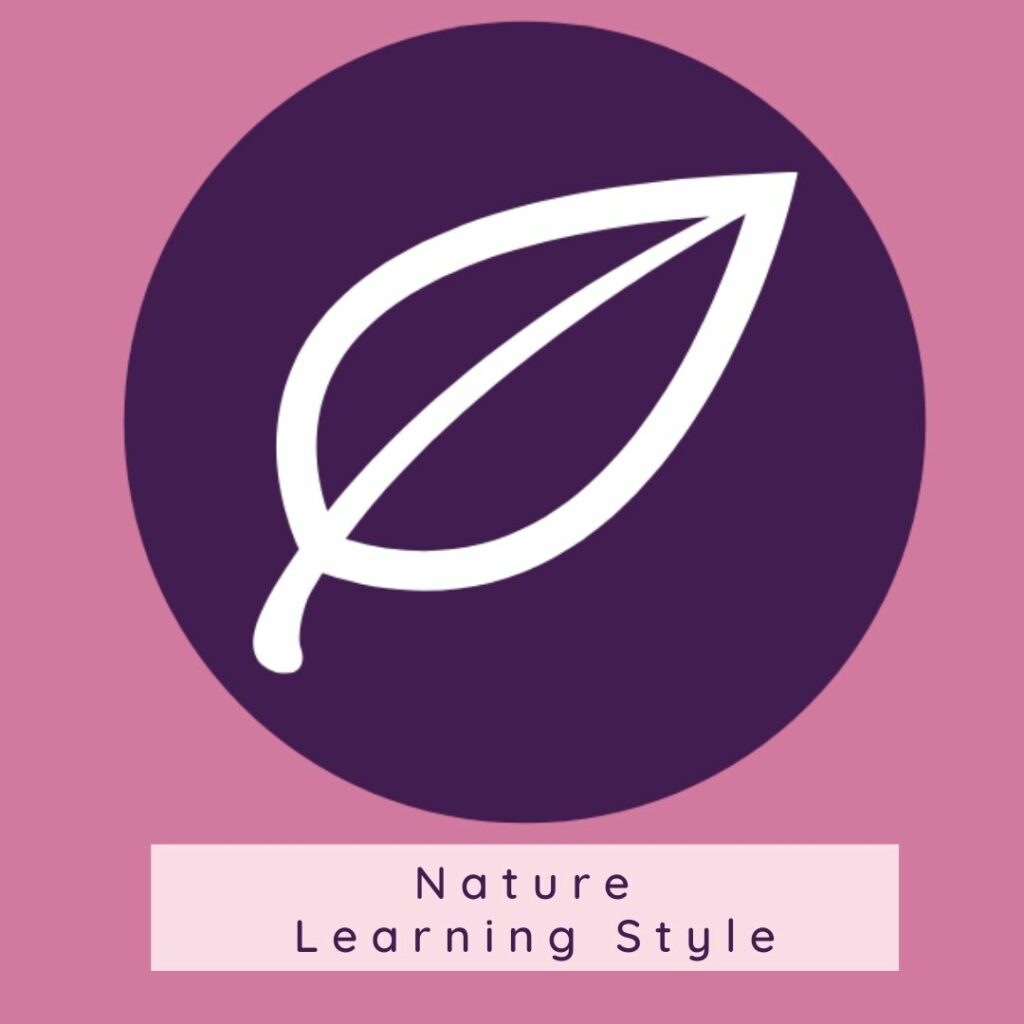
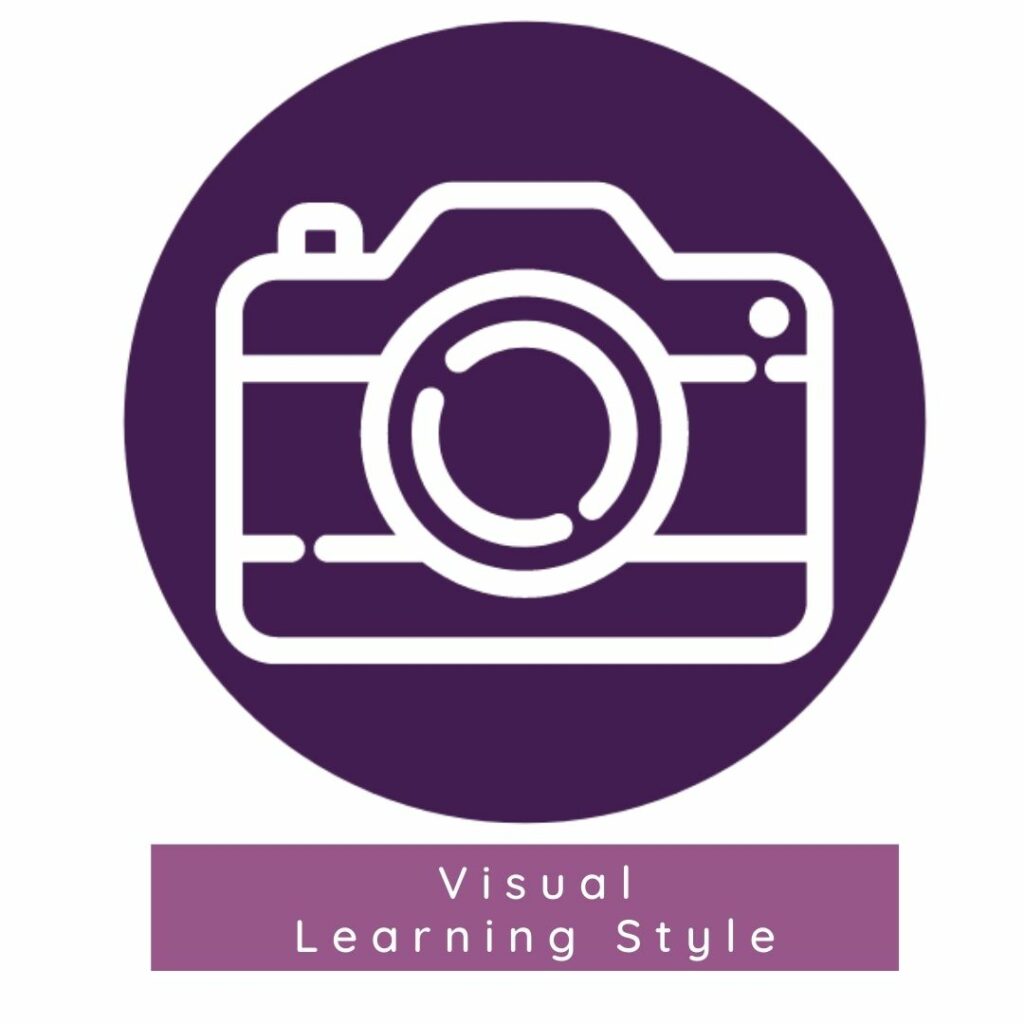
Identify your learning styles and find joy in your scripture study
Thank you for joining my email list! I can’t wait to spoil you and promise to keep your email address private!

Rebuilding Faith, Finding Intuition & Living Authentically When Faith Evolves What happens when the faith you grew up with no longer fits the person you’re

“Why Personal Scripture Study Brings Greater Revelation” In today’s world, there are so many ways we can supplement our scripture study. Podcasts, devotionals, Instagram posts,

Letting Go of Busy: How Faith Helped Nicke Brown Reclaim Peace, Identity, and Purpose What if the life you’re craving isn’t on the other side
Identify your learning styles and find joy in your scripture study
Thank you for joining my email list! I can’t wait to spoil you and promise to keep your email address private
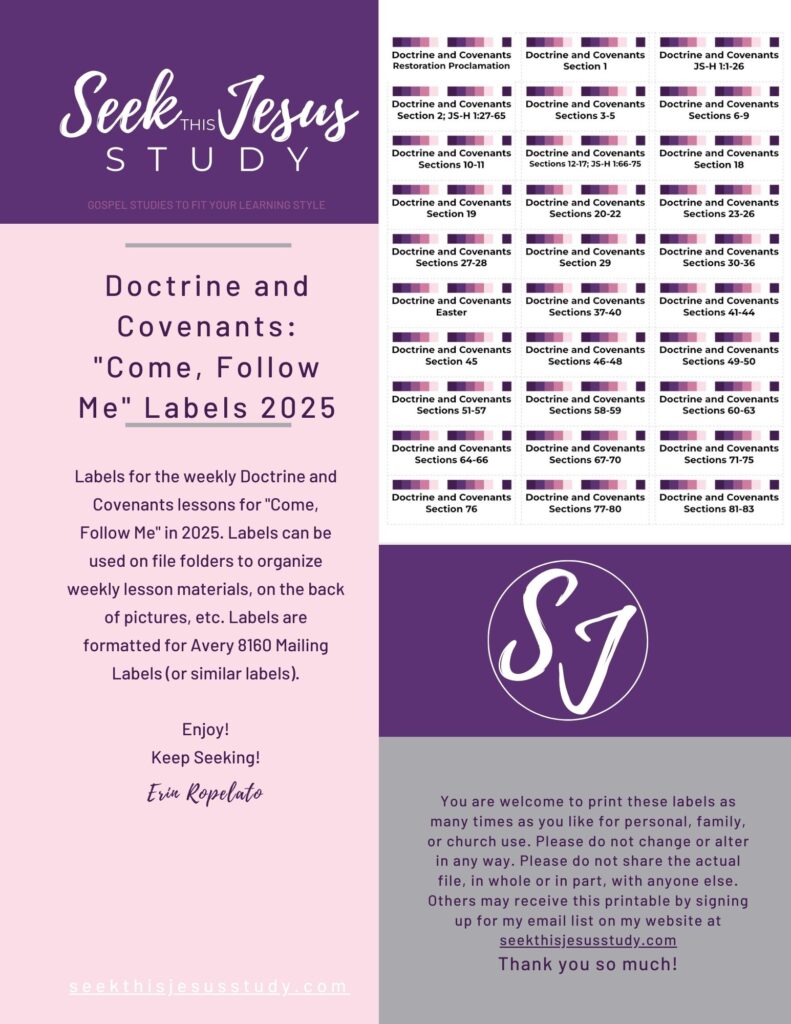
Keep all your materials together and easy to find and use each week as you study.
I will send you regular emails designed to help you love your gospel study. No spam. Promise.